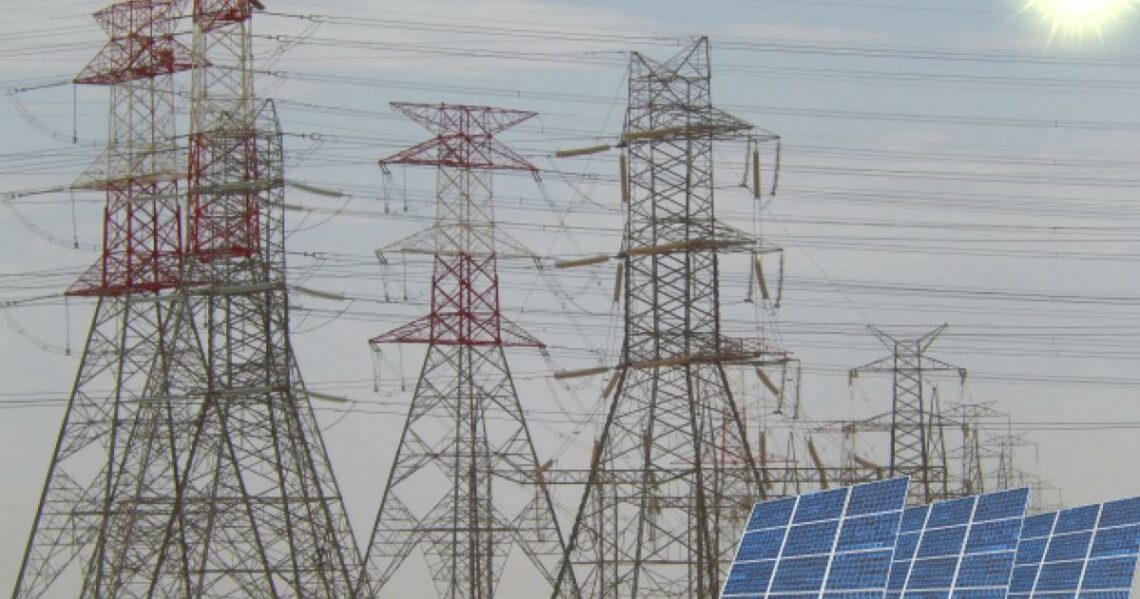Nigeria faces a pressing need for sustainable and efficient energy solutions to drive economic growth, improve living standards, and ensure energy security. The federal government (FG) must strategically invest in an energy source that is both sustainable and capable of meeting the growing energy demands of the population. Given the country’s abundant natural resources and environmental concerns, renewable energy sources, particularly solar power, present the most viable investment option.
Nigeria receives an average of 5.5 kWh/m² of solar radiation daily, making it one of the best locations for solar energy investment. The vast potential of solar power can help bridge the electricity gap, particularly in rural areas where grid expansion is costly and slow. The cost of solar technology has significantly decreased over the past decade, making it a financially viable option. Government investments in solar infrastructure and incentives for private sector involvement can lead to mass adoption, reducing dependence on expensive fossil fuels.
Millions of Nigerians live without access to reliable electricity, particularly in rural areas. Off-grid solar solutions, such as mini-grids and solar home systems, provide an immediate and scalable way to electrify remote locations, fostering economic activities and improving quality of life. Investing in solar energy aligns with Nigeria’s climate commitments under the Paris Agreement. Unlike fossil fuels, solar power generates electricity without greenhouse gas emissions, reducing environmental pollution and contributing to global efforts to combat climate change.
The solar energy sector presents vast opportunities for employment generation across various skill levels. From manufacturing and installation to maintenance and sales, investment in solar energy can create thousands of jobs, stimulate local businesses, and foster technological advancements. Nigeria’s heavy reliance on petroleum and gas for power generation exposes the country to supply disruptions and price volatility. By diversifying its energy mix with solar power, Nigeria can reduce dependency on imported fuel, stabilize electricity costs, and enhance energy security.
While solar power should be prioritised, the government should also consider complementing it with other renewable energy sources such as hydropower and wind energy. Expanding and upgrading existing hydroelectric plants can provide stable baseline power, while wind energy can supplement the grid in areas with favorable wind conditions. The government should provide tax incentives, subsidies, and low-interest loans to encourage private sector participation in solar energy development. Streamlining approval processes and enforcing policies that support renewable energy adoption will attract more investments. Encouraging local production of solar panels and related components can reduce costs and create jobs. Collaborating with international organizations and private investors can accelerate large-scale solar projects. Public campaigns on the benefits of solar energy will drive demand and adoption, making the transition smoother.
By prioritising solar energy investments, Nigeria can secure a more sustainable and resilient energy future. With abundant solar resources, declining technology costs, and the urgent need to expand electricity access, solar power represents the most efficient and strategic energy investment for the government. Combining this with complementary renewable energy sources will position Nigeria as a leader in Africa’s clean energy transition, fostering economic development and environmental sustainability.





